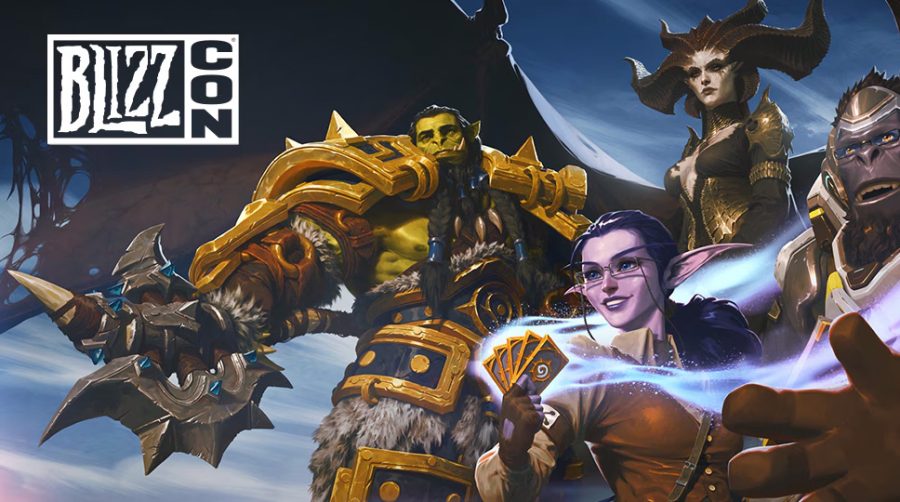Latest News
Here’s one Japanese store’s enterprising method of selling broken Intel chips — for less than $5
Would you like to get your hands on an Intel CPU for less than 5% of its full cost? Of course, you would. Too good to be true? Almost. This story centers on an enterprising electronics store that is selling chips from a Gacha machine. Instead of dispensing a small plastic toy in an egg-shaped bubble,…








































